During a study, whose results were published in an American medical journal Cell, it was proven that certain kinds of fat contained in food may counteract fever.
- Fats and inflammation. Is fat a cause of inflammation states?
- Inflammation clinical studies. Inflammation facts.
- What is inflammation? Why do I have inflammation?
- How can your diet influence inflammations? Inflammation and diet.
- The diet to fight inflammations – recommendations
- General tips for reducing inflammation. How to fight inflammation?
- The number of calories. How much calories should you eat daily to avoid inflammation?
- Inflammation and carbohydrates. Can carbohydrates cause of inflammation state?
- Inflammation and fats. Can fats cause the inflammation states?
- Inflammation and proteins. Can proteins cause inflammation?
- Inflammation and fiber. Can fiber help in inflammation state?
- Inflammation and Phytonutrients. Can Phytonurients affects inflammation state?
- Inflammation and vitamins and minerals. Which vitamins and minerals help in reducing inflammation?
- Inflammation and antioxidants. How do antioxidants affect inflammation?
- Inflammation and fats - Omega 3 benefits in inflammation state. Inflammation and Omega 3
- Inflammation and water - how does water intake affect inflammation?
- Read More
Fats and inflammation. Is fat a cause of inflammation states?
Not every type of fat may be treated the same way even though in the traditional nutrition theory they are under the same name, as if they belonged to the same nutrition category – lipids. Therefore, be careful, only selected types of fats are beneficial while other should be avoided.
During the last thirty years, scientists have proven that particular kinds of fats may inhibit certain harmful processes that take place in the human organism and other kinds may be their cause. This is especially true in case of inflammations.
Inflammation is a natural reaction of our immune system to infections. However, long lasting inflammations within certain organs may lead to the occurrence of autoimmune diseases (arthrosis, type I diabetes), neurodegenerative diseases (destroying nervous system), cardiovascular diseases or cancers.
Inflammation clinical studies. Inflammation facts.
At the San Diego University in California, the scientists made a groundbreaking discovery relating fats. It turned out that certain fats provided to the organism with food mitigated inflammations and helped prevent diabetes. This theory was testes od mice in a laboratory. The half of the mice received the foods rich in polyunsaturated fatty acids Omega-3. In the remaining mice’s diet, there were no Omega-3 acids.
The results proved that thanks to the diet rich in Omega-3 acids we may mitigate inflammations occurring in the most important organs, improve insulin sensitivity and the general health condition. The diet poor in Omega-3 acids, on the other hand, resulted in intensifying inflammations and decreasing insulin sensitivity. The researchers drew the conclusions that Omega-3 acids have a “very positive influence” on inflammations and the general state of health.
What is inflammation? Why do I have inflammation?
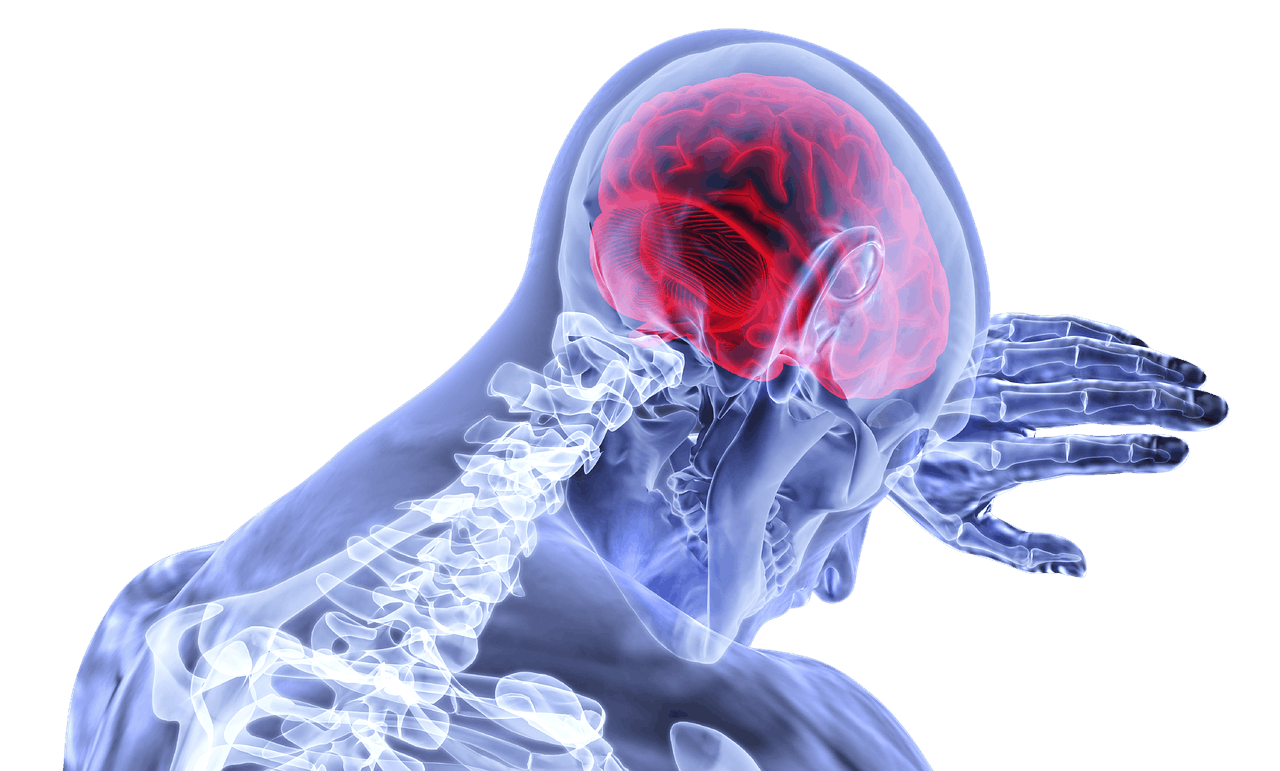
Doctor Weil is a graduate of medical faculty at the Harvard Medical School and specializes in nutrition and natural medicine. He runs one of the most popular Internet websites concerning natural medicine in the USA: www.drweil.com. Doctor Weil explains, why inflammations are the sign of an organism natural reaction to risk factors.
When a wasp bites you, the swelling occurs in this place. If you hit yourself, the skin reacts with redness and bruises. After hard physical work, your muscles hurt. These are the examples of inflammations. Your immune system reacts in similar way to the appearance of dangerous bacteria in your organism. There is always some response to their presence. This response is also an inflammation. Free radicals (aggressive cells) may also lead to the occurrence of artery inflammation states, which in turn result in the cardiovascular system diseases.
Redness, the feeling of heat, swelling and pain are the four classic symptoms of inflammations. The feeling of heat and redness are caused by widening of blood vessels and slowing the blood flow; the pain is caused by the pressure on nerve fibers and the swelling – by plasma exudate. After the occurrence of an inflammation white blood cells try to destroy pathogens and remove destroyed cells from the organism.
Inflammations are extremely useful, as thanks to them we may protect our organism. However, they also may be very dangerous at the same time.
-
Inflammations are the main cause of many diseases, including cardiovascular system diseases, cancer and Alzheimer’s disease – claims Andrew Weil.
How can your diet influence inflammations? Inflammation and diet.
Inflammation is a mechanism allowing to destroy the pathogens attacking your organism and fixing the damages caused by external factors. However, chronic inflammations (or inflammations in the wrong place) destroy your organism and cause various diseases.
Stress, lack of physical activity, genetic predispositions or toxin exposure (e.g. passive smoking) may lead to producing chronic inflammations. However, the crucial role in this process is played by your diet. Thanks to this article you will find out, why a proper diet influencing the mechanism of inflammation occurrence is the most appropriate for disease prevention.
Dr. Weil’s anti-inflammatory diet is not a “diet” in a usual sense. We do not apply it in order to lose weight (although overweight people recover natural body mass thanks to it) and it may be maintained for a long time. This diet is a way of choosing products and preparing meals in order to improve the state of health and maintain it on a proper level. The inflammatory diet provides vitamins, minerals, oligoelements, fiber and fatty acids in the appropriate amounts.
You may also modify the recipes that you have been using so far so that to include the new dietary requirements.
The diet to fight inflammations – recommendations
General tips for reducing inflammation. How to fight inflammation?
Your diet has to be diversified and based of fresh products. Limit the intake of ready-made products, eat a lot of vegetables and fruit and apply appropriate dietary supplements (see below).
The number of calories. How much calories should you eat daily to avoid inflammation?
The majority of adults daily need around 2000 to 3000 calories. These needs are influenced by: age, sex and lifestyle. It means that women need fewer calories than men, physically active people need more that those who lead a sedentary lifestyle etc. If you eat exactly how much you need, your weight will not change.
The division of calories should be the following: 40-50% calories from carbohydrates, 30% calories from fats and 20-30% from proteins.
Try to include carbohydrates, fats and proteins to every meal.
Inflammation and carbohydrates. Can carbohydrates cause of inflammation state?
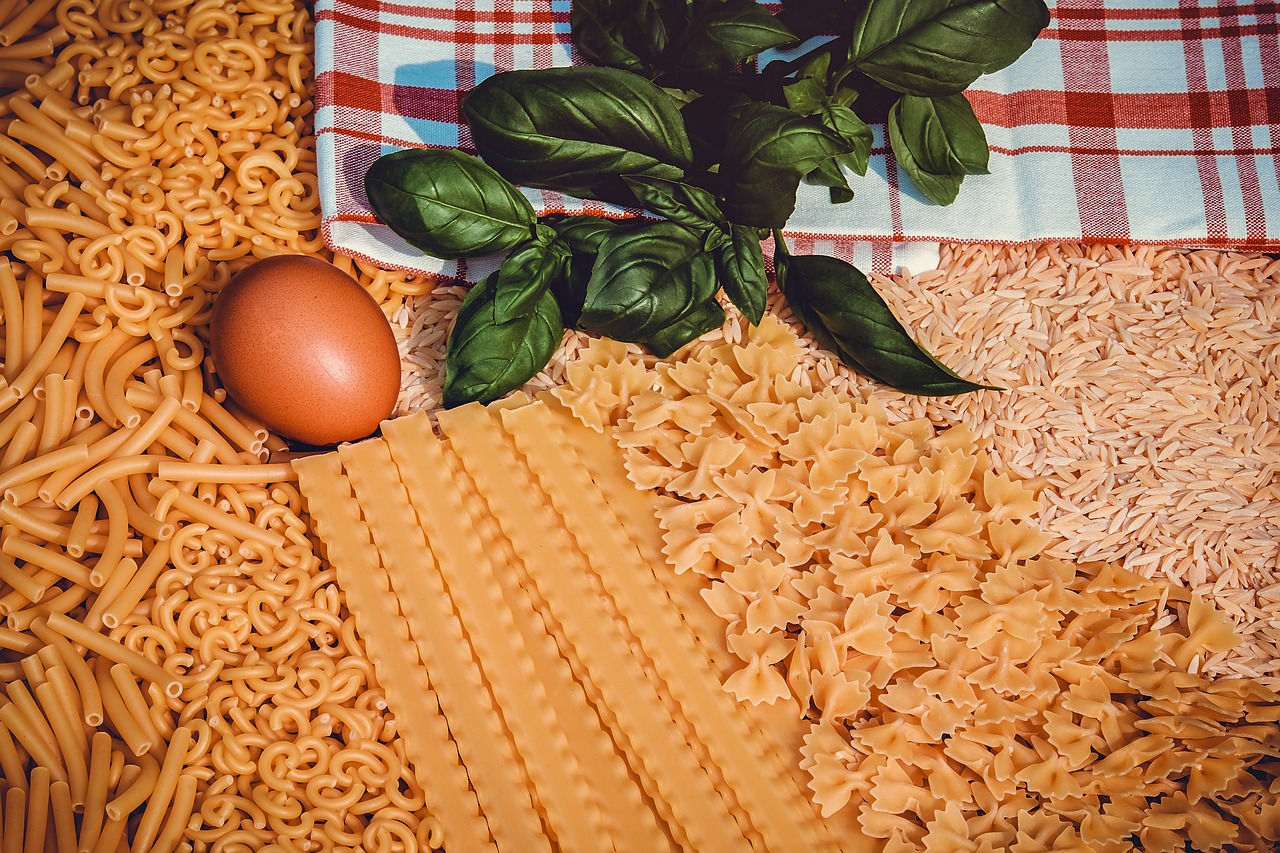
In a diet of a woman, who daily intakes around 2000 kcal, there should be around 160-200g of carbohydrates a day, while in an adult man’s diet – 240-300g.
-
The majority of these carbohydrates should be refined and processed as little as possible and have low glycemic index.
-
Therefore, try not to eat the products containing wheat flour and sugar, i.e. bread, ready-made foods and snacks (such as crisps).
-
Eat whole wheat products, such as brown rice or bulgur, which contain unprocessed and thickly ground grains. They are much better that highly processed products made of refined wheat flour (white flour e.g. cake flour, type 450), which have high glycemic index.
-
Eat a lot of beans, pumpkin and sweet potatoes.
-
Boil pasta al dente and eat in small portions.
-
Avoid products containing glucose syrup and industrial fructose.
The best product on the market containing natural sources of healthy carbohydrates is Real Food from 5% Nutrition. If you are in need of higher consumption of carbohydrates, you should definitely check it at MZ Store!
Inflammation and fats. Can fats cause the inflammation states?
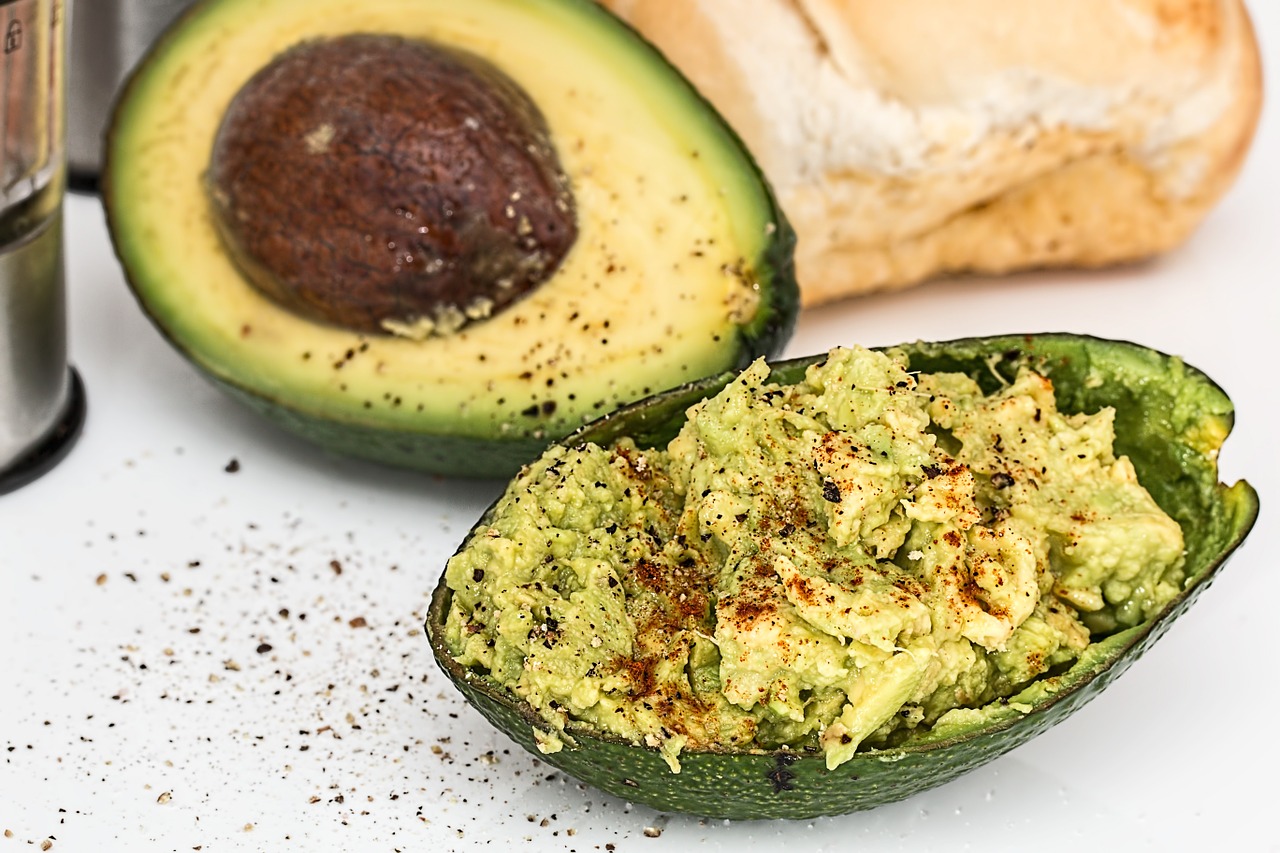
Out of 2000 kcal per day, 600-700 should come from fats – it is about 67g. You should eat saturated, monounsaturated and polyunsaturated acids in 1:2:1 proportions.
-
Eat as little as possible of saturated acids such as butter, cream, high-fat cheese, chicken with skin, fat meats and palm oil.
-
To prepare your meals use primarily olive oil. If you prefer more neutral oils, use rapeseed oil.
-
Avoid sunflower oil, corn seed oil and blends of vegetable oils. They contain a lot of, excessively consumed, Omega-6 acids.
-
Avoid also all kinds of partially solid vegetable oils.
-
Include nuts into your diet, including cashews, almonds, hazelnuts and oils made out of them.
-
Omega-3 acids are contained in salmon flesh (especially in fresh, red, wild salmon flesh), sardines, herring, cod or small oily fish. However, they also can be found in eggs enriched in Omega-3 acids and flax seeds (especially freshly ground).
-
You can also take supplements containing fish oils (look for products with EPA and DHA) in the dosages of 500 to 2000 mg a day.
If you want to supplement even more of healthy fats, then check Black Cumin Seed Oil with Bio Curcumin from Life Extension - it contains high amount of pro-health fatty acids.
Inflammation and proteins. Can proteins cause inflammation?

If you daily eat 2000 kcal, you need to intake 80 to 120 g of proteins. However, if you have problems with kidneys or liver or suffer allergies and adutoimmune diseases – you should eat less protein.
-
Limit the intake of animal proteins with the exception of good quality proteins, such as cheese and yogurts.
-
Eat a lot of vegetable proteins, especially soya and fermented soya products (nattō or miso). Discover soya products and decide, which tastes best for you.
The best and organic protein on the market seems to Grass Fed Whey Protein from Jarrow Formulas, containing eco protein blend from milk from cow fed with native grass! Interested? Check our other article regarding this special prodcut, to which you can find link below:
Grass Fed Whey Protein - ecological proteins
Inflammation and fiber. Can fiber help in inflammation state?
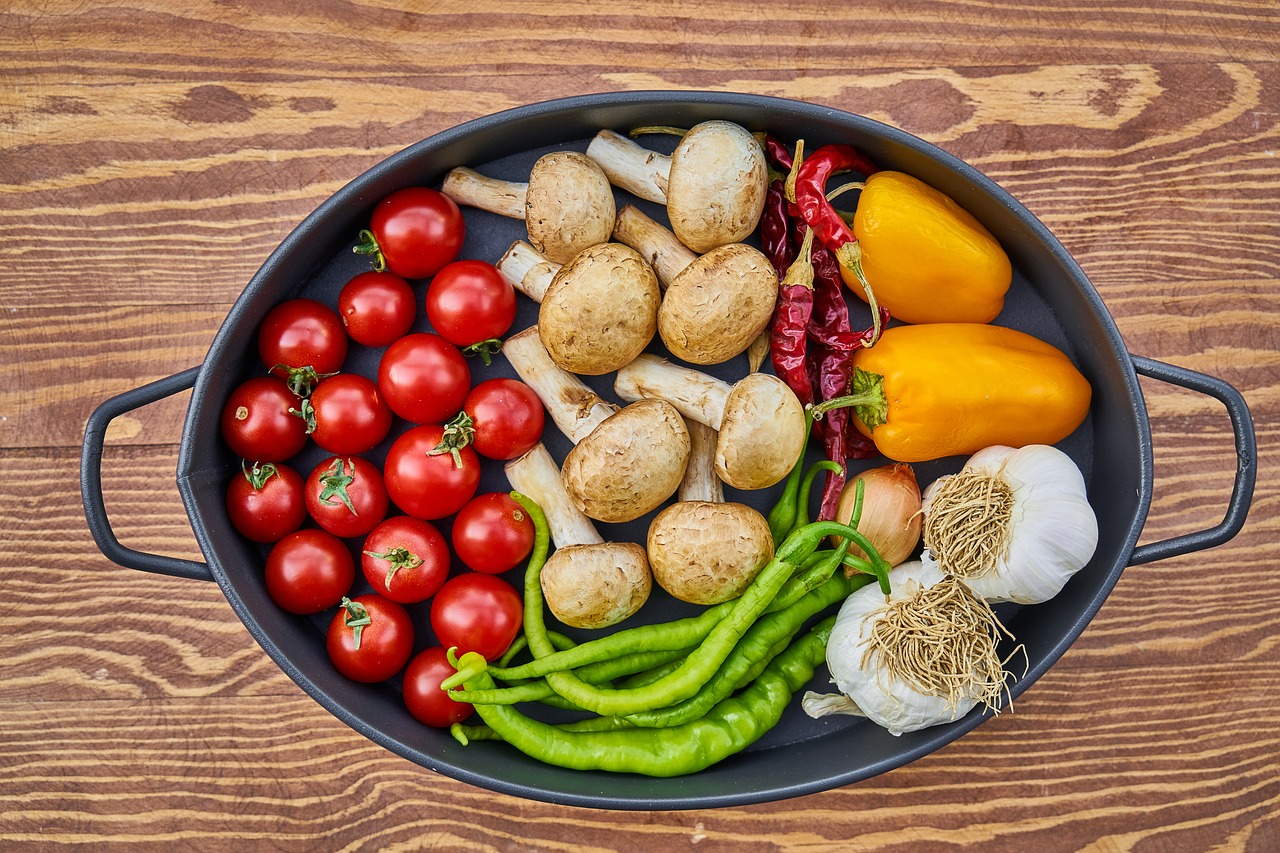
Try to eat 40g of fiber a day.
-
Eat a lot of fruit, especially bilberries and blueberries and vegetables (including dried) and whole grain products.
-
Ready-to-eat cereals may be a good source of fiber, but read the information on the package carefully, as you should only eat those, which contain 4 or 5 grams of fiber in 30g portion.
The perfect way to increase fiber intake, should be Fiber-3 from NOW Foods containing blend of 3 types of fiber!
Inflammation and Phytonutrients. Can Phytonurients affects inflammation state?
In order to best protect our organism from diseases caused by toxins contained in the environment and diseases related to age (cardiovascular system diseases, cancers, neurodegenerative diseases), eat a lot of vegetables, mushrooms and fruit.
-
Eat vegetables and fruit in all colors, especially bilberries, tomatoes, orange and yellow fruit and vegetables with dark, green leaves.
-
Try to choose ecological products.
-
Eat a lot of cabbage vegetables, such as cress, reddish, broccoli and various kinds of cabbages.
-
Instead of coffee, drink tea, especially oolong and green.
-
Eat dark chocolate (with a minimum 70% cocoa content).
If you want to supplement phytonutrients, Pure Greens from Seeking Health should be the best choice to do so!
Inflammation and vitamins and minerals. Which vitamins and minerals help in reducing inflammation?
The best way of providing our organism with a proper amount of minerals and oligoelements (certain trace elements) per day is eating fresh products – primarily fresh vegetables and fruit. You can also apply “cocktails” of dietary supplements with antioxidant properties.
-
vitamin C – 100-200 mg a day (200 mg if you eat few vegetables and fruit) in divided doses,
-
vitamin E – 50-200 mg of various tocopherols combination (d-alpha-tocopherol and other tocopherols) or at least 40 mg of natural tocopherols and tocotrienols,
-
selenium – 50-100 micrograms of organic selenium,
-
natural carotenoids - 10-30 mg a day,
-
coenzyme Q10 (ubiquinone) – 60-100 mg a day,
-
alpha-lipoic acid (ALA) – 100-400 mg a day.
If you want to have on all-in-one multivitamin preparation, we suggest checkingOptimal Multivitamin Plus from Seeking Health. It is probably the best and most complex combination of vitamins, minerals, trace minerals, antioxidants, adaptogens and liver and vision support agents out there!
Inflammation and antioxidants. How do antioxidants affect inflammation?
Antioxidants should be best taken in the form of multivitamin dietary supplements. You can also intake a low dosage of vitamins and minerals – 50-100% of a recommended dosage. These preparations should not contain iron, copper, manganese and vitamins A in the form of retinol.
If you are a resident of the Earth's northern hemisphere, in the period between November and March, you should take vitamin D supplements (around 1500 mg of vitamin D3 per day). It would be best to measure vitamin D concentration in your blood in the autumn so that a doctor may recommend you proper dosages. These supplements should be taken during the main meal. If you do not eat ginger and curcuma regularly, consider using them in the form of supplements.
In terms of best product containing antioxidants - we suggest checking Resveratrol Plus from Apollos Hegemony. Our customers recognize it as the best antioxidant supplement on the market!
Inflammation and fats - Omega 3 benefits in inflammation state. Inflammation and Omega 3
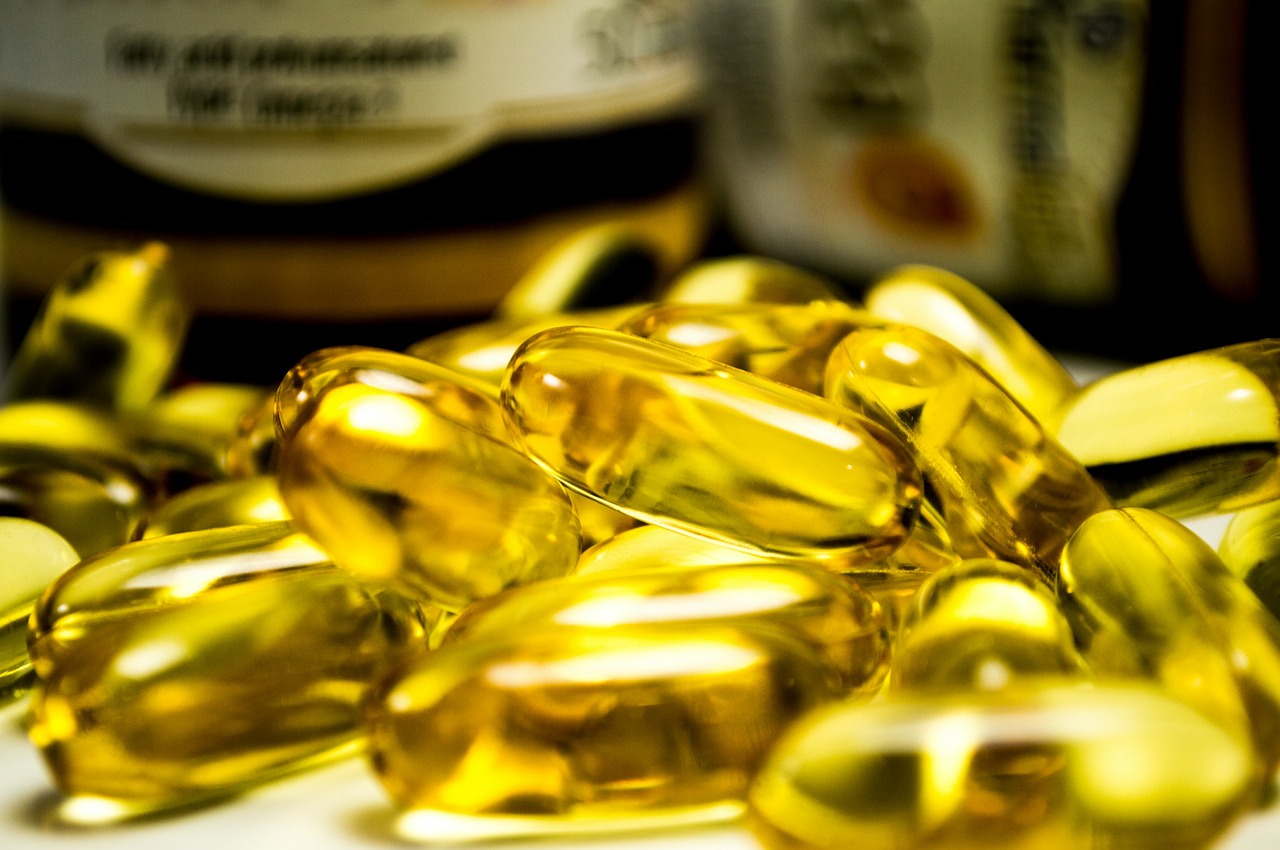
If you do not eat fish at least twice a week, you should use fish oils in liquid or in tabs (1 g of a product containing EPA or DHA per day). Try to buy products that do not contain heavy metals and other contaminations. Talk with your doctor about using low dosages of aspirin, i.e. one or two pills (81 or 162 mg) per day in order to strengthen anti-inflammatory effect.
For best quality product containing Omega 3 fatty acids, we should checking Fish Oil from Apollos Hegemony - due to reviews it's seem like it is the best choice for supplementing Omega 3. What's worth noticing, Fish Oil from Apollos Hegemony was clinically tested for Omega 3 content. You can check this study below:
#1 Supplements Review - Apollos Hegemony Fish Oil
Inflammation and water - how does water intake affect inflammation?

During the day drink mineral water, tea, and herb teas.
If your tap water contains a lot of chlorine or if you live in a place, where there is a risk of water contamination, use a water filter.
Read More
- Cat's claw - a cure for inflammation
- Natural substances with anti-inflammatory and analgesic effects






